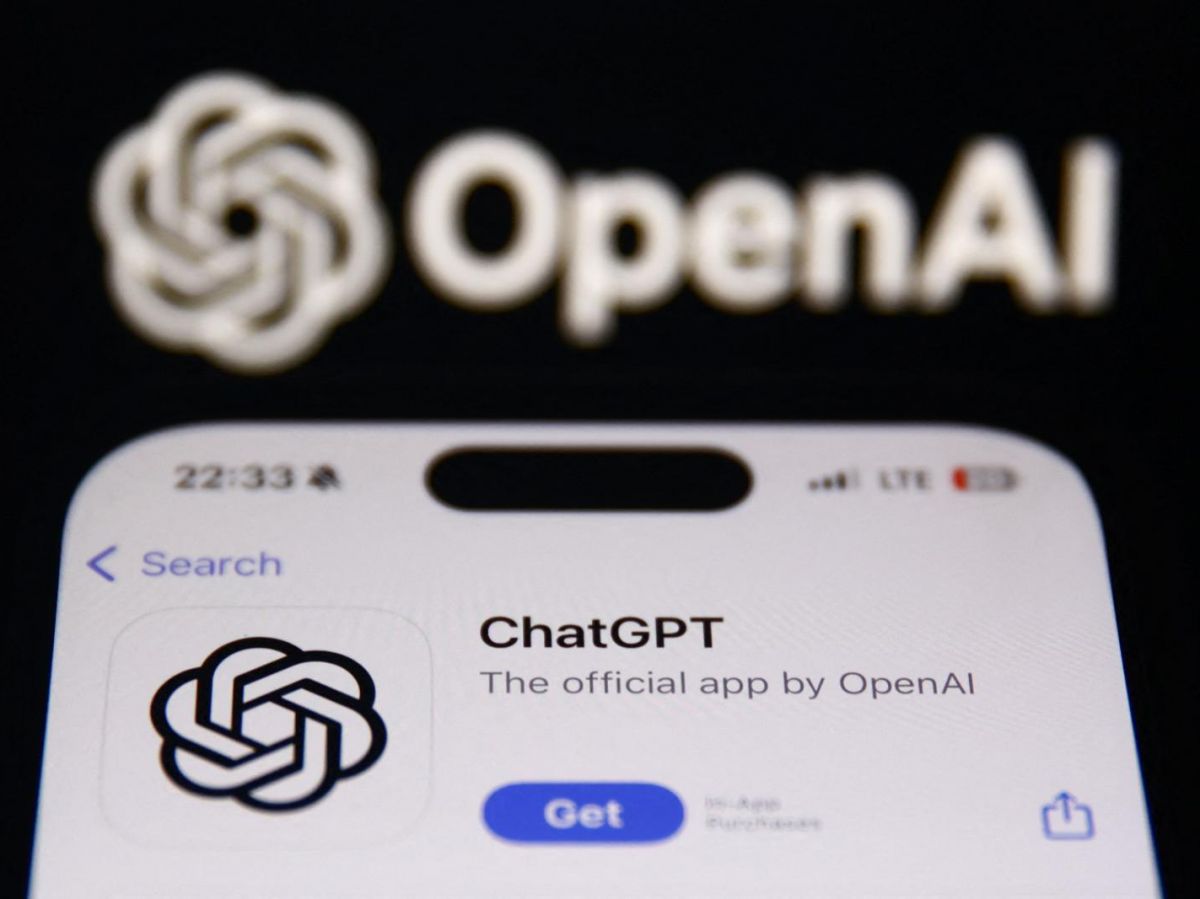The last sixteen months have been marked by the massive deployment of generative artificial intelligence. Almost everyone has been able to form an opinion, either from personal experience, after downloading ChatGPT, or from hearsay. Many were dazzled. And it’s true that the prowess of the “cat” is impressive: it deflects any request confidently, without syntactic errors or spelling mistakes. Sometimes he makes obvious mistakes.
Some errors
In a recent column, computer scientist Jean-Paul Delahaye states that when asked “What are the prime numbers multiples of 3 between 100 and 200?“, one version of him would reply: “There is only one prime multiple of 3 between 100 and 200, and that is 101. All other multiples of 3 between 100 and 200 are divisible by 2, making them composite.” And on the request “Elvire is coming for Léandre. Valère was already there when Elvire arrived. Was Léandre present when Valère arrived?“, I got in version 3.5: “Yes, Léandre was present when Valère arrived” and in version 4: “No, Léandre was not present when Valère arrived because Elvire came to see him. …
Real scientific progress?
Given these flaws, we can question whether the ability of these tools to produce well-constructed and credible texts represents real scientific progress. Will they help us in our search for truth, which is the subject of all authentic science? Some say it will revolutionize drug design and make sense of all kinds of sequence data, such as protein structures, medical records or weather forecasts, even life events to predict age of death, as claimed in a recent paper published in the journal. Nature Computational Science.
Will we be able to reconcile these wonderful announcements with the poor observed results? May the coming months help us see things more clearly! But for now, I advise the reader to wait a little longer before giving the tongue to the GPT cat…
According to Jean-Gabriel Ganascia professor at Sorbonne University, in Paris, researcher in the field of artificial intelligence at LIP6 (Sorbonne University, CNRS), former president of the ethics commission of the CNRS. Last published work: “Virtual servants”, Seuil, 2022.

